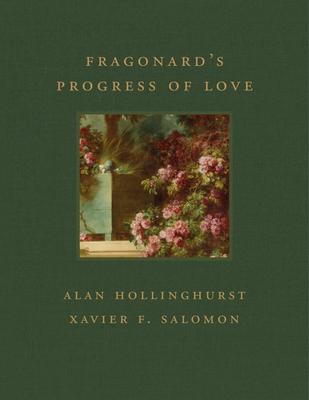An essay by Xavier F. Salomon paired with a contribution by award-winning novelist Alan Hollinghurst bring to life Jean-Honor Fragonard's (1732-1806) Progress of Love, a series of fourteen paintings considered by many to be the artist's masterpiece. The paintings were commissioned in 1771 for the comtesse du Barry, to be installed in 1772 in Louveciennes, the pavilion outside Paris built for her by her lover, Louis XV. By 1773 the canvases, The Pursuit, The Meeting, The Lover Crowned, and Love Letters, had been rejected by Du Barry and returned to the artist. In 1790 Fragonard moved the canvases to his cousin's house, the Villa Maubert, in Grasse, and over the course of the year painted ten additional panels: two large-scale works,
Love Triumphant and Reverie; four narrow "strips" depicting hollyhocks, and four overdoors of putti. Sold by the Maubert estate to the dealer Agnew's in 1898, the works were later purchased in February 1915 by the industrialist Henry Clay Frick. By May 1916 the panels were installed at Frick's new mansion in New York in the present-day Fragonard Room in The Frick Collection.
